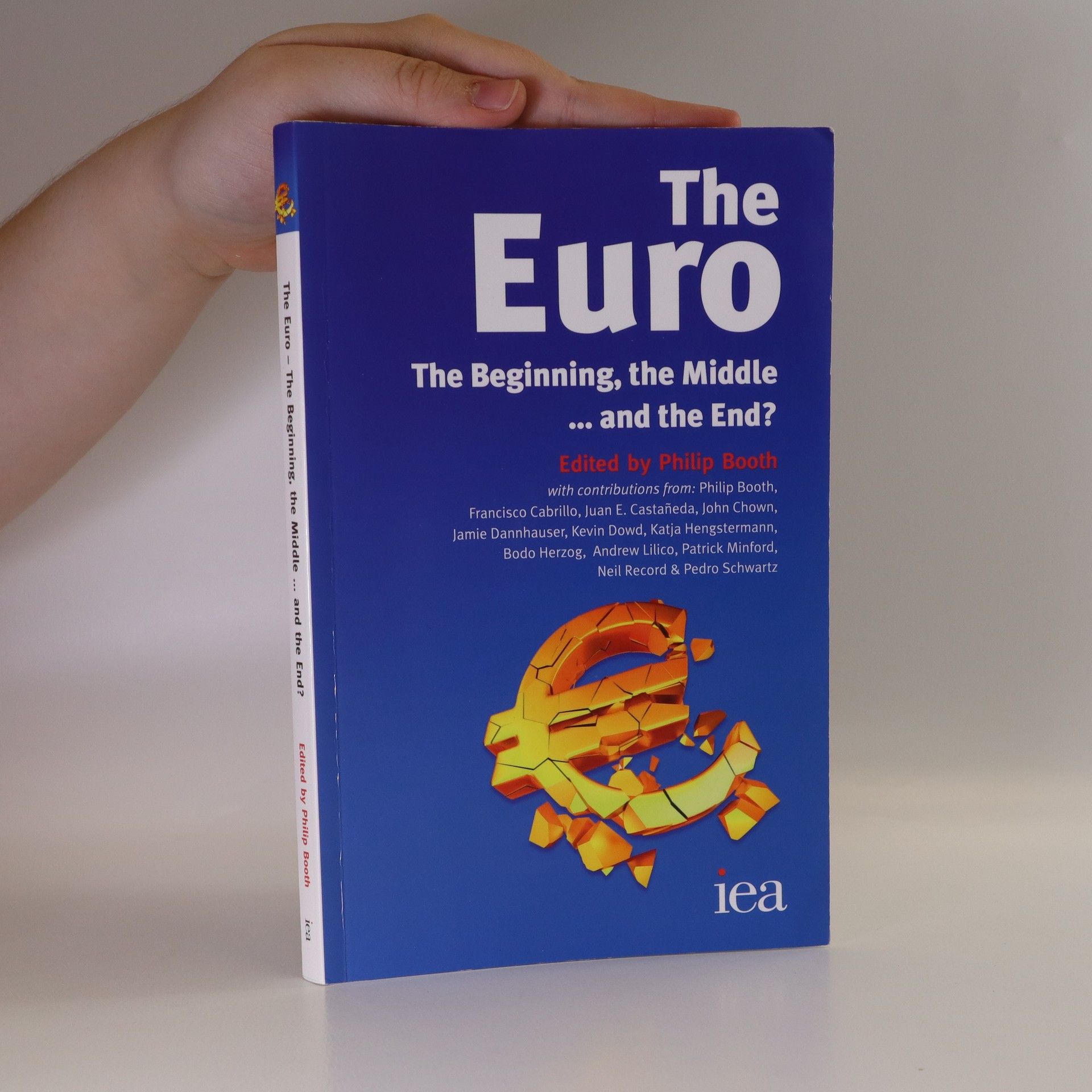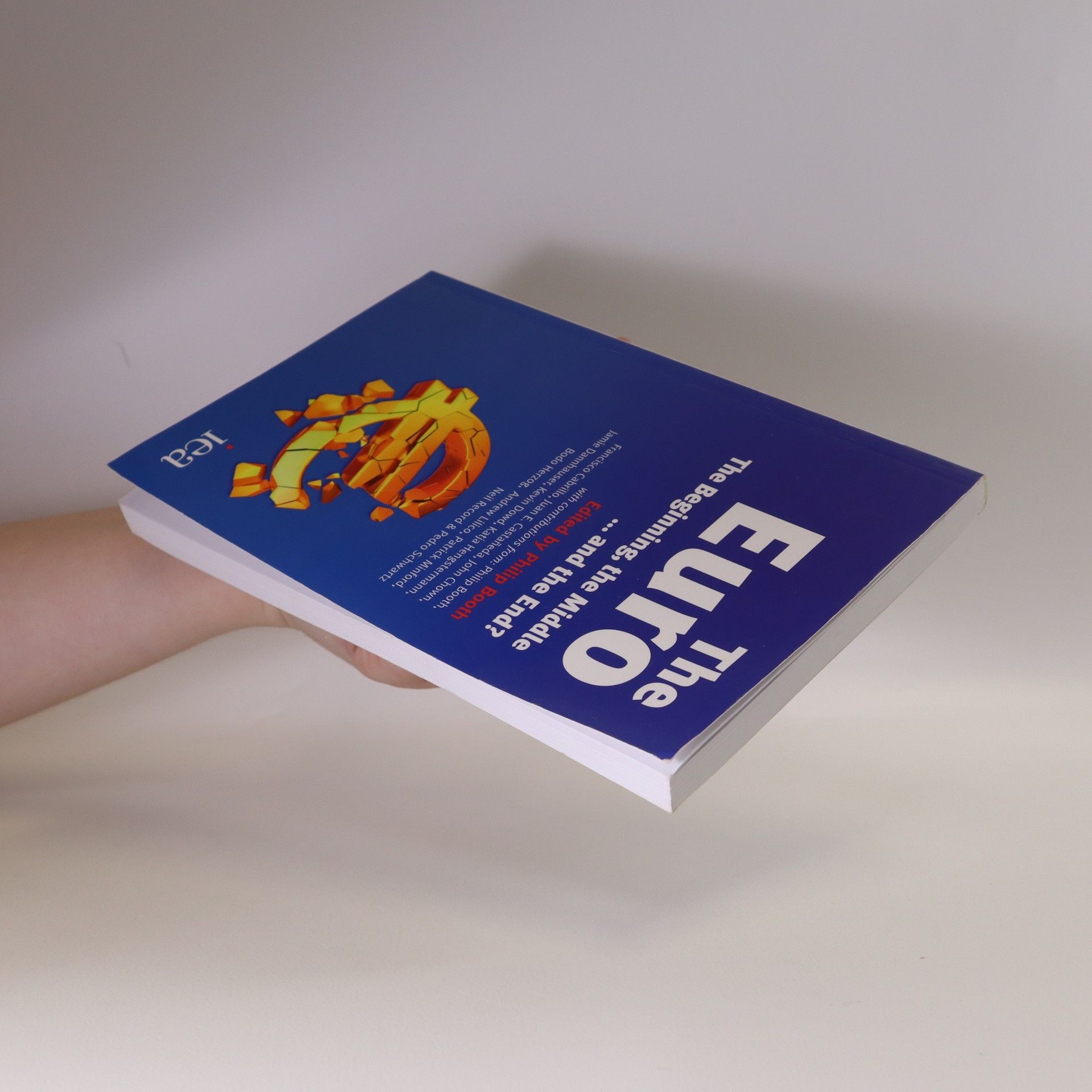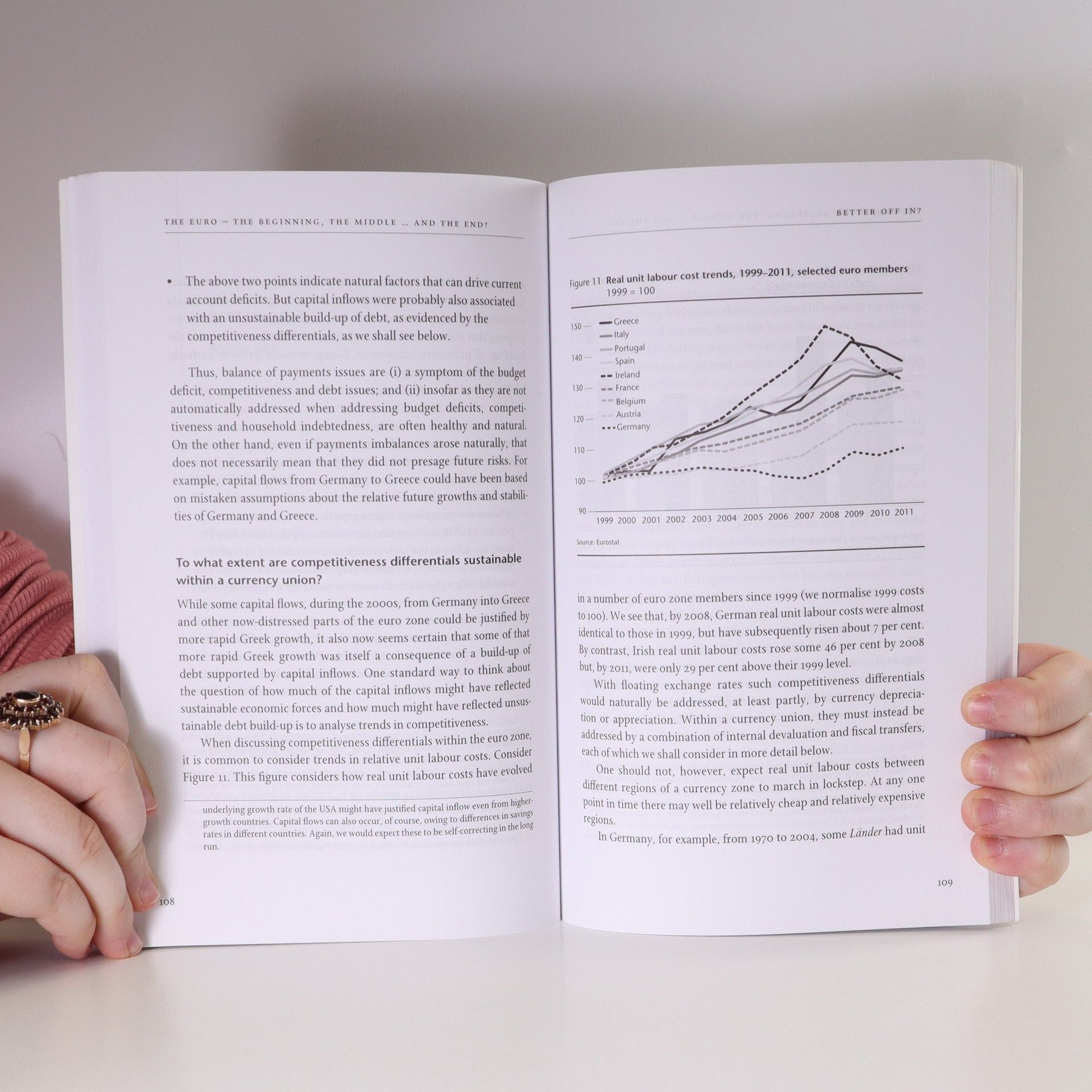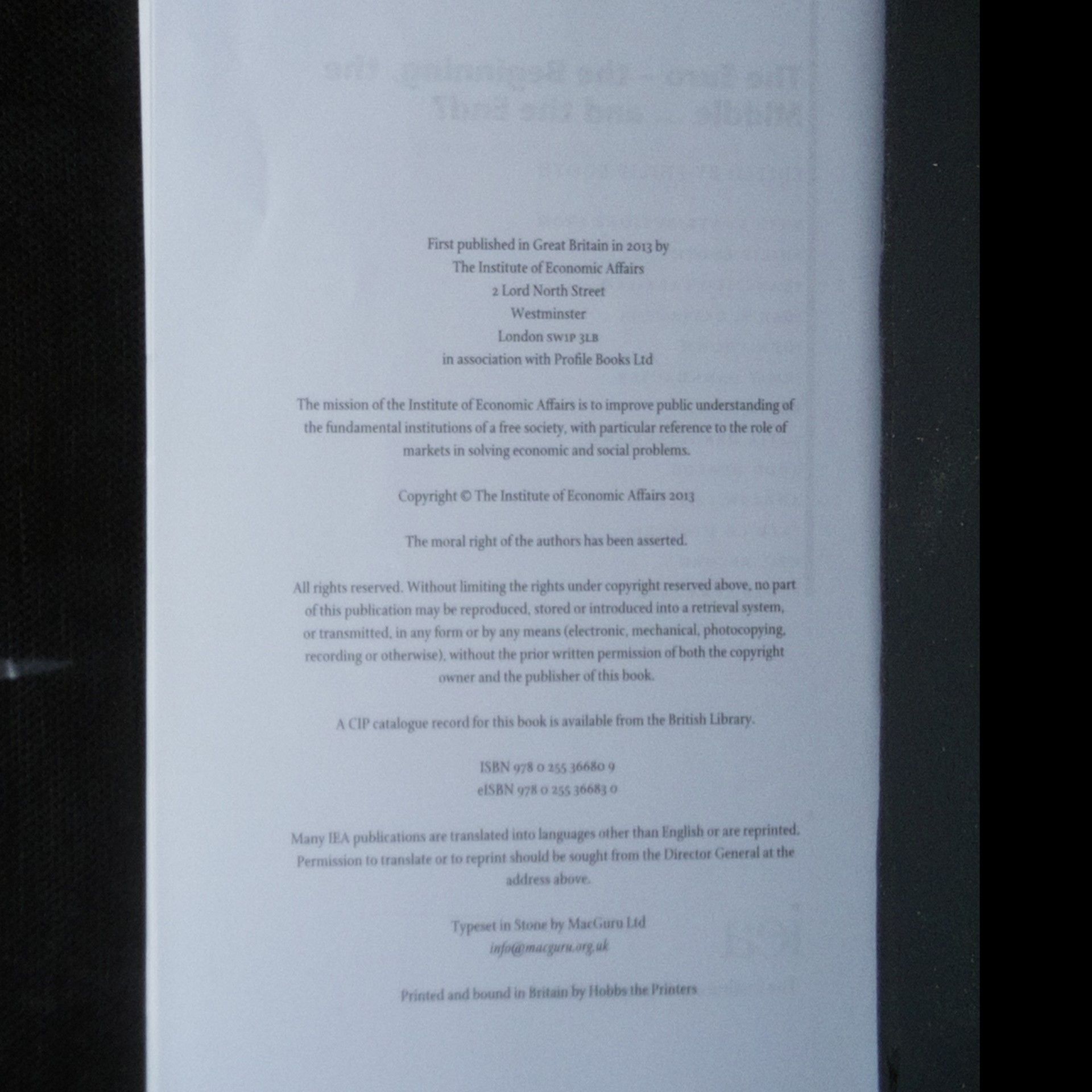More about the book
Examining the debate from when the euro was first introduced to the sources of its current problems, this book proposes radical solutions to resolve the long-running crisis of the European Monetary Union. Initially, free-market economists were generally supportive of the euro, believing it would reduce the tendency towards inflation and encourage economic reform. However, in this current analysis, the authors--a group of leading monetary economists--make it perfectly clear that if the members of the eurozone are to prosper in the long term, the status quo cannot continue. These nine essays explore topics that include the UK's decision not to join, the fate of past monetary unions, why the euro is failing, practical exit strategies, and a possible free-banking solution for the eurozone, among many more.
Book purchase
The Euro. The beginning, the middle ... and the end?, Philip Booth, Francisco Cabrillo, Juan E. Castaneda, John Chown, Jamie Dannhauser, Kevin Dowd, Katja Hengstermann, Bodo Herzog, Andrew Lilico, Patrick Minford, Neil Record, Pedro Schwartz
- Language
- Released
- 2013
- product-detail.submit-box.info.binding
- (Paperback)
Payment methods
No one has rated yet.





